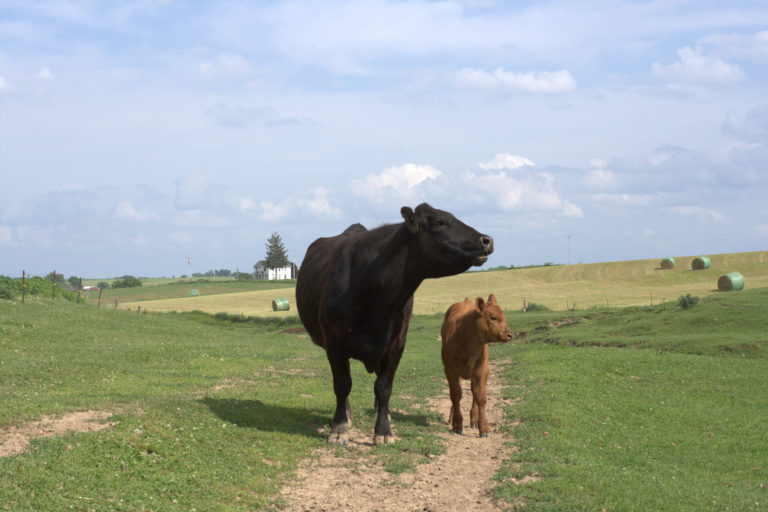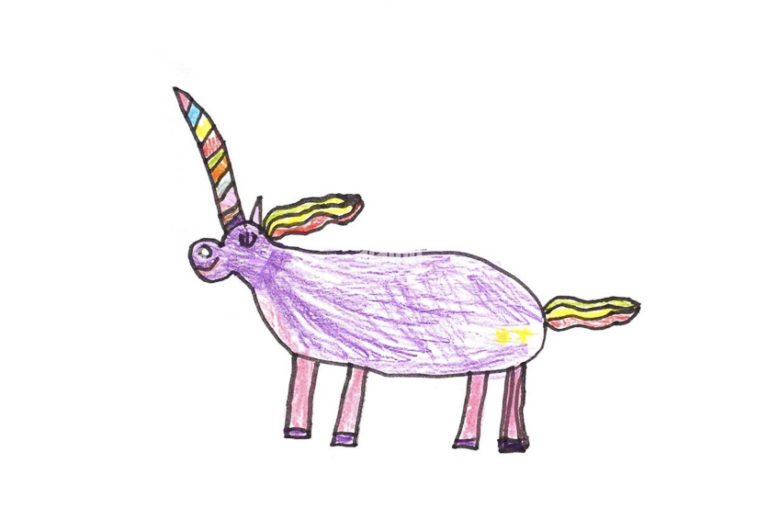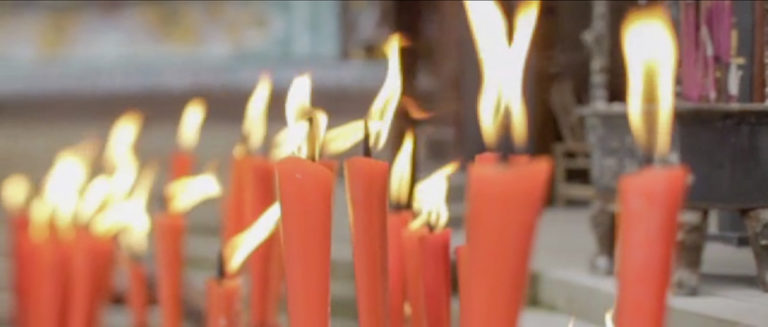Uighers in Urumqi rioted over the past 24 hours, destroying property, killing people and fighting the police. The immediate cause for the riots was a brawl in Shaoguan, Canton Province that began after some fool posted a note on QQ saying that 6 Uigher boys had raped 2 Han women. Han workers then rampaged through the Uigher worker dormitory and killed an unknown number of people.
Seems a lot like LA after the Rodney King verdict right? Well the similarities do not end there. The conflict between the Uigher minority and the Han majority is racial, cultural, economic and political. It spans the entire community. It is one community vs. another and the battle is very uneven. On one side is the state, and on the other is a minority incorporated into the state through force.
After the Communists liberated China in 1949, they went about pacifying and unifying the nation. That included invading and occupying Tibet and invading and occupying Xinjiang. Throughout history, “Uigherstan” and Tibet have been under the control of either local strongmen/religious leaders or split along local tribal/power lines or subjugated to erratic and temporary Imperial rule. Only after 1950, when the Uigher leadership — on its way to Beijing for a conference with Mao — all were killed in a “plane crash” and the Tibetan leadership escaped into exile in India, only after the leaders were disposed with did the regions of Tibet and Xinjiang come under Imperial/Communist rule.
This is nothing new in the history of these areas. The only thing different is that it is happening now, in front of our eyes, in a globalized world with the media there to project images and words.
Yes, the Han are absolutely oppressing both the Tibetans and the Uigher. In this old column here, I wrote about the Cultural Revolution-era techniques still being employed in Tibet and Xinjiang and the religious oppression that is a focal point of discontent.
There are other points of contention that add to the anger:
1) Han immigration: Han now represent the majority in both Xinjiang and Tibet. This is a recent development — since 1950 — and represents, for Tibetans and Uighers, the inevitable destruction of their identity and their way of life. There is nothing one can do when waves of “the Other” set up shop and start having kids. It is a peacful and highly effective tool of ethnic cleansing.
2) Han economic domination: Han Chinese dominate the government in both these regions. In both, the governor and/or spokesman is a native Tibetan or Uigher who is either completely brainwashed or completely venal. These “traitors” are in place to respond to crises such as these in the strongest manner, to give the rest of the nation and the world the idea that rioters and protesters are “inhuman”, as opposed to demanding humanity.
Government domination by one ethnic group over another has another, more important effect: the unequal distribution of income and of justice. Funds reach Tibet and Xinjiang directly from Beijing and are then distributed “as needed” by the central authorities in Lhasa and Urumqi. No one needs to go into the corruption that hampers China’s development as a modern nation. Now imagine that corruption in an area where domination and oppression of “troublesome” minorities is encouraged.
So in both Tibet and Xinjiang we have the following situation:
a leaderless, highly religious people ruled by a centralized, motivated non-religious people. The rulers have the economic and political power. The ruled find themselves with the choice: become Han in nature or die.
It is a soul crushing battle — like between a boa and a small deer. Aimless dead-eyed young men watch their women choose stability and wealth over ethnicity and religion, watch their friends turn their backs on Uigher-ness in favor of a good job in some factory, watch their fathers retreat into the back room to pray and wait for death.
That is why they take to the streets, because making a Han face bleed, even for a moment and at great consequence, makes up for everything.
If you can feel the hate for the Han, then step back from this narrow view of life and feel the hatred and anguish of all the other peoples of the world that have faced this same dilemma and have already died, already forgotten their language, already retreated to the most remote outposts of what was once their home to slowly go through the motions.
When i traveled through Xinjiang I noticed that if the Han did not fear the Uigher as much, did not dread “splittists” as much as they do, there wouldn’t be any.
It is the need to dominate that creates these conflicts, not the need to be Uigher, or be Black or be Palestinian.






